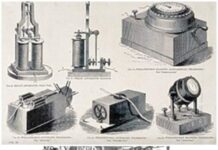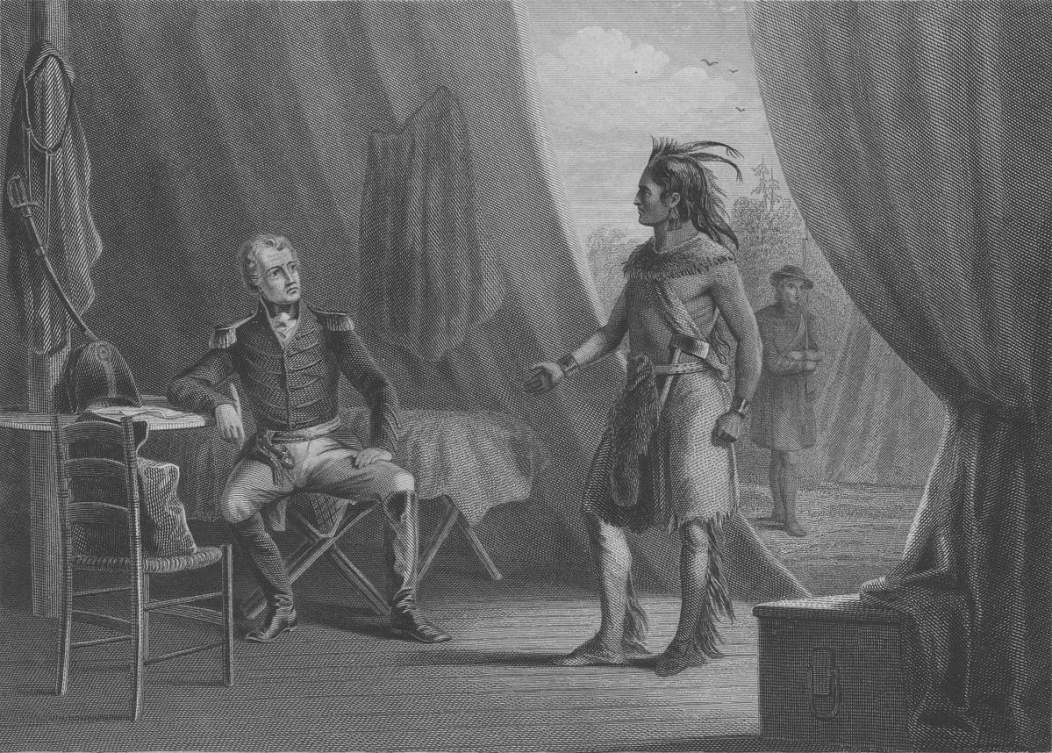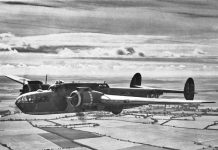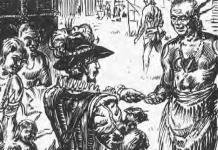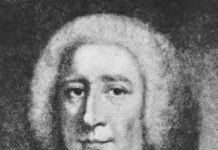In this autobiographical novel, (Year of Impossible Goodbyes) Sook Nyul Choi narrator is 10-year-old Sookan Bak, who lives in Pyongyang, North Korea in the spring of 1945, near the end of World War II, and during the Japanese occupation of North Korea.
Sook Nyul Choi wrote the novel as an adult, yet she effectively conveys a childlike view of the arresting horror and abject misery that are the consequences of war. Choi skillfully establishes the novel’s underlying theme of preserving cultural distinctiveness when the narrator, Sookan, starts her story by remembering the courage of her grandfather and his persistence in meditating outside, despite his fear of the Japanese soldiers: “It has been thirty-six years since I have meditated in the warmth of a spring sun.
Today, the Japanese soldiers will not keep me inside”. Choi juxtaposes the simple courage of Sookan’s grandfather with the peaceful quietude of his meditation and prayer underneath his beloved pine tree, a tree that a few pages later is cut down by Japanese soldiers. As the novel progresses, Sook Nyul Choi develops each character’s longing to hold onto cultural practices that are the constant target of attack by Japanese soldiers.
Choi’s protagonist eagerly combines the naive observations of a child with a more profound introspection brought on by the extraordinary circumstances of war and military occupation. Within the narrative, Choi demonstrates the interconnectedness of all life, past, and present, as the novel weaves together the lives of Sookan’s family with the political proceedings in the world around them.
Sookan and her brother learn their family’s history when their mom explains each precious photo in an old, charred wooden box. The experiences of Sookan’s grandfather also become a vital part of the drive to preserve their family’s cultural identity. Just before her grandfather dies, he asks her to wash his feet with lemon oil.
As the old man’s feet are exposed to her, Sookan is shocked at their condition, which was caused by the torture her grandfather suffered while in prison for being a part of the Korean resistance: “I held his toes in my hands. My eyes were overflowing with tears. I badly wished that I could comfort these poor toes” all the way through Sookan’s eyes, Sook Nyul Choi probes the psychosomatic effects of war and adversity on children.
Young Sookan must decide, as her mom is detained by Russian soldiers if she can continue the journey alone without her. Choi caringly exposes the emotional turmoil inside Sookan, who is forced to grow up fast and deal with adult situations in a war-ravaged country.
Amazingly, despite the horrors of war and the separation from her mother, Sook Nyul Choi protagonist retains her childlike idealism and a belief in the forces of hope, courage, and family, as well as her belief in honor and tradition of her Korean heritage. At the end of the novel, Sookan and her brother Inchun are reunited with their father and older brothers in Seoul.
Their mother, who was able to escape the Russians, joins them six months later. Though the novel was initially intended for young adults, it has enjoyed success across all age groups. The lyrical self-validation of young Sookan’s thrilling journey to independence highlights the remarkable power of the human heart. Read More – Morro Castle – A 16th-century fortification at Santiago de Cuba


